Communication & Awareness
Scientific thinking in communities, integrates education with development.
empower Women leadership
- Women Empowerment & Leadership: Focus on understanding gender roles, women’s rights, building confidence, and leadership strengths.
- Communication & Negotiation: Develop effective communication, assertiveness, conflict resolution, and relationship-building skills.
- Strategic Planning & Decision-Making: Learn strategic planning, problem-solving, coalition-building, and advocacy techniques.
- Economic Empowerment & Entrepreneurship: Enhance financial literacy, business skills, access to resources, and create sustainable livelihoods.
- Action Planning & Sustainability: Formulate sustainable action plans, develop leadership and mentorship, and evaluate impact through practical workshops, assignments, and mentorship.
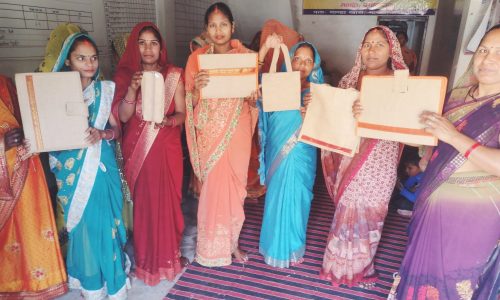
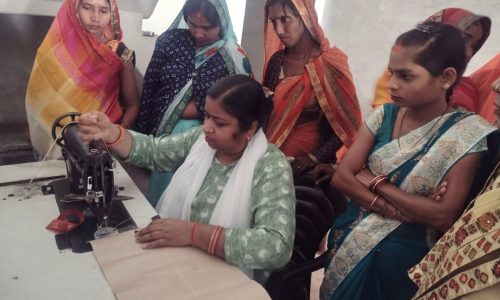
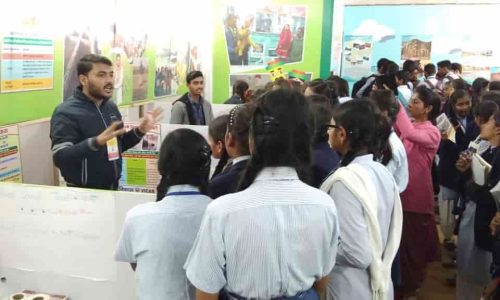
empower youth leadership
- Leadership and Self-Awareness: Develop leadership styles, self-awareness, personal vision, and goal-setting skills through icebreakers and team-building.
- Communication and Teamwork: Enhance effective communication, active listening, conflict resolution, and teamwork skills for high-performance and collaboration.
- Community Engagement and Participation: Understand community needs, engage with strategies, build partnerships, and practice inclusive decision-making.
- Project Planning and Management: Learn project design, objective setting, budgeting, resource management, and evaluation techniques.
- Action Planning and Sustainability: Create actionable plans, ensure sustainability, and focus on leadership development and future steps.
Training includes interactive workshops, role-playing, guest speakers, and mentorship, targeting youth leaders, community workers, and development practitioners, with regular assessments to measure impact.
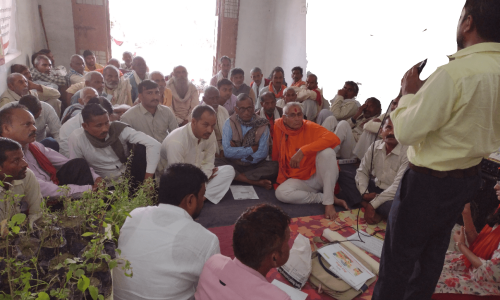
Go Green, Save the Planet
Objectives:
- Raise awareness about environmental conservation and human impact on the planet.
- Educate the public on actions to reduce carbon footprints for a sustainable future.
- Promote renewable energy and reduce dependence on fossil fuels.
- Encourage eco-friendly practices, waste reduction, and community responsibility.
- Inspire young minds and mobilize public support for environmental conservation initiatives.
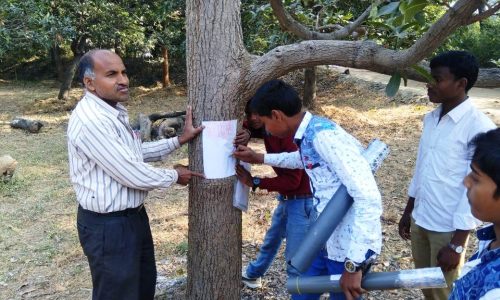
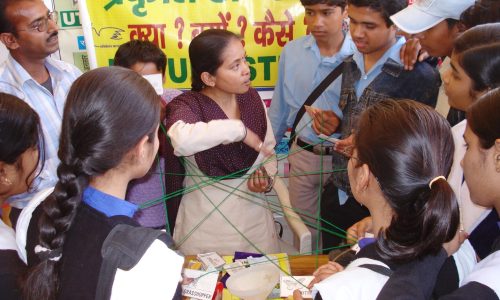
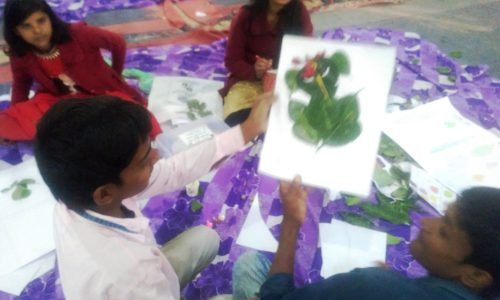
Awareness Drive on Nature study
Nature study camps aim to educate participants about the importance of conservation and the interconnectedness of living things. Through hands-on learning, they offer opportunities to explore and discover nature, while teaching valuable outdoor skills like camping and plant identification. Camps foster teamwork, communication, and problem-solving through collaborative activities, and promote a deep understanding of local ecosystems and the human impact on the environment. By inspiring curiosity and appreciation for nature, integrating interdisciplinary concepts, and promoting sustainability, these camps leave a lasting impact on participants, encouraging them to become responsible stewards of the environment.
Environmental awareness: Educate participants on the importance of conservation and the interconnectedness of living things.
Hands-on learning: Provide experiential opportunities for participants to explore nature firsthand.
Skill development: Teach outdoor skills like camping, hiking, birdwatching, and plant identification.
Team building and communication: Foster teamwork, problem-solving, and communication through collaborative activities.
Conservation and sustainability: Promote understanding of ecosystems, wildlife, and sustainable practices to encourage environ



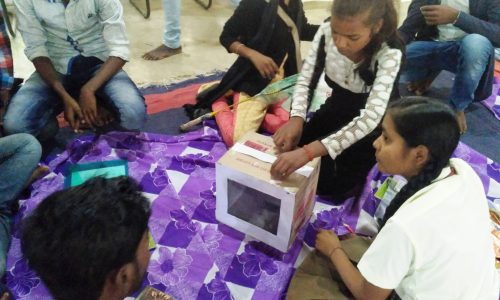
Awareness Drive on Water Resource Management
Water Resource Management” aims to educate communities on the sustainable use and conservation of water. It highlights the importance of preserving water resources, addressing issues like overuse, pollution, and climate change impacts. The drive encourages practices such as rainwater harvesting, efficient irrigation, and waste reduction. By fostering a collective understanding, it seeks to promote responsible water management, ensuring availability for future generations while protecting vital ecosystems.
1. Encourage responsible citizenship for water conservation and sustainable use.
2. Promote scientific literacy about water’s quality and quantity through science media and eco-conscious youth.
3. Establish water/eco clubs in schools to educate children on water conservation and science.
4. Popularize water science using various media and engage youth to educate the public.
5. Develop water educators to foster scientific literacy and innovative solutions for water issues.
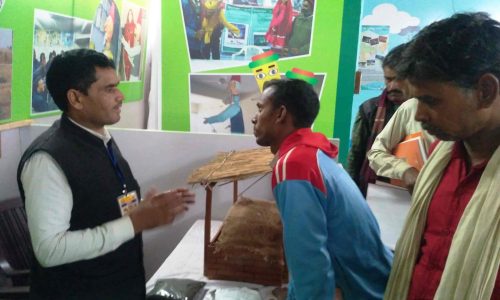
Vermi-composting Training Program
- Educate participants on the biology and behavior of composting worms (Eisenia fetida).
- Train participants on setting up and maintaining worm composting bins.
- Teach effective management of organic waste through worm composting.
- Demonstrate how to harvest and use vermicompost as a natural fertilizer.
- Highlight troubleshooting, scaling up, and the economic/environmental benefits of worm composting.
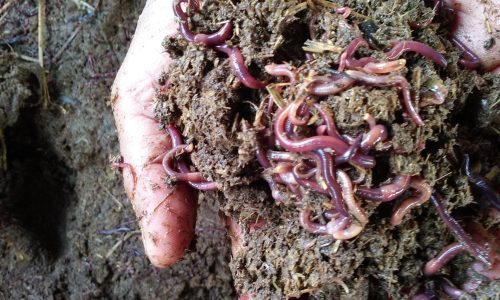
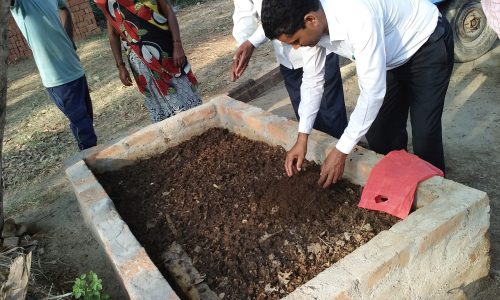
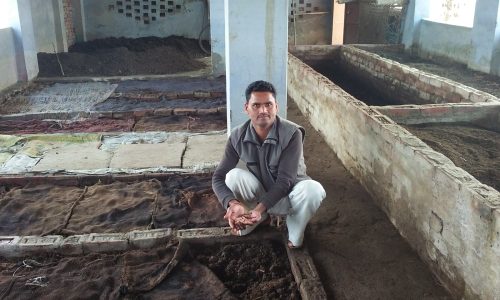
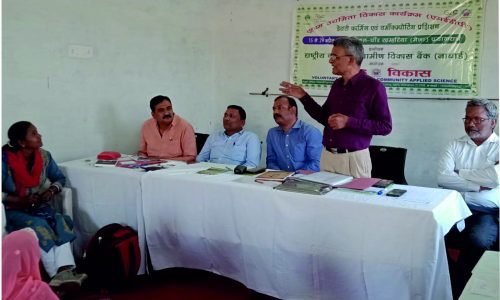
Hands-on Training on Soil Testing
Soil analysis is essential for understanding the composition and health of soil. It examines the physical and chemical properties, such as soil texture, pH, moisture content, electrical conductivity, and hydraulic conductivity. Soil components include organic carbon, cation exchange capacity (CEC), and nutrients vital for plant growth. Analyzing these factors helps determine the soil’s fertility and its suitability for various crops. Training will be provided to estimate macro and micro-nutrients, including nitrogen, phosphorus, and potassium, as well as elements of environmental concern in soil samples. This knowledge is crucial for sustainable land management and environmental conservation.
- Introduction to soil analysis, components of soil, physical and chemical properties of soil, importance of soil analysis.
- soil texture, pH value, moisture content, Electric conductivity, hydraulic conductivity, organic carbon, Cation exchange capacity
- Training will be provided for the estimation of macro and micro-nutrients and also elements of environmental concern in soil samples.
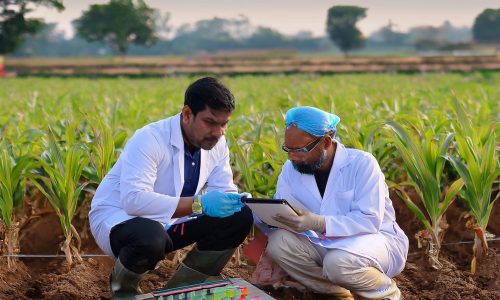
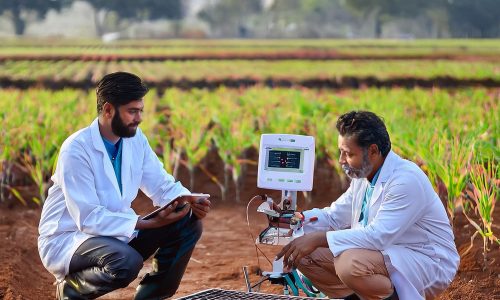
Volunteers & the Community for disaster preparedness
- Enhance disaster preparedness and response capabilities.
- Minimize the impact of disasters on communities.
- Strengthen community resilience and self-reliance.
- Encourage collaboration among stakeholders.
- Save lives and reduce injuries during disasters.
Achieving these objectives will help both the community and volunteers be better prepared for disasters, reducing their impact on lives and property.

Build the Scientific temper
VICAS has developed a syllabus and demonstration kit for a one-to-five day hands-on training and awareness drive aimed at children, teachers, and the public. The initiative serves to achieve key objectives: promoting scientific temper, dispelling superstitions, enhancing scientific literacy, encouraging critical thinking, and building trust in science. This program aligns with Article 51A(h) of the Indian Constitution, which underscores the fundamental duty of every citizen to cultivate scientific temper, humanism, and the spirit of inquiry. It is our moral responsibility to foster rationality and discourage belief in superstitions and unscientific practices among the masses.
- Foster scientific thinking and rationality to promote a culture of scientific temper.
- Combat myths and superstitions with scientific explanations.
- Educate the public on scientific principles to enhance scientific literacy.
- Encourage logical reasoning and critical thinking to understand unexplained events.
- Build public trust in science and technology, as mandated by Article 51A(h) of the Constitution.
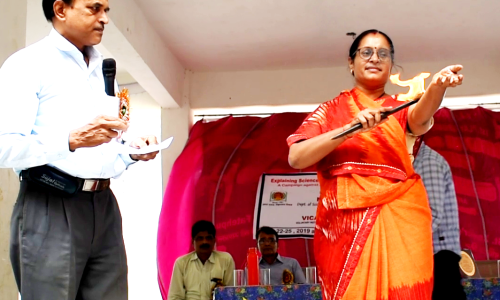
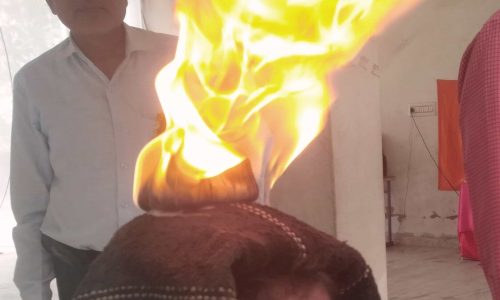
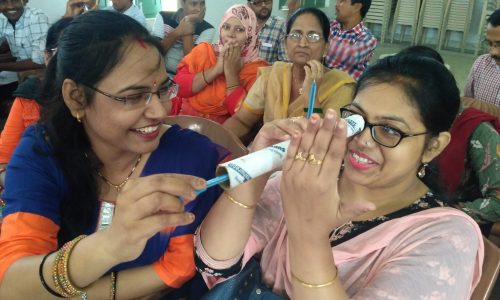
Mathematics in Daily life
- Practical Application: Show how math is used in daily situations.
- Real-World Connections: Highlight math’s relevance to personal and professional life.
- Problem-Solving Skills: Develop critical thinking through practical math scenarios.
- Build Confidence: Increase confidence in solving everyday math problems.
- Financial Literacy: Teach personal finance, budgeting, and money management using math.

Innovative Experiments in Physics
VICAS has created a comprehensive syllabus and demonstration kit for a four-to-five-day hands-on training program for children and teachers. The primary goals are to foster a scientific mindset among students through effective teacher training, stimulate curiosity and observation analysis, and introduce innovative, low-cost methods for teaching physics concepts. The program aims to spark student interest in physics, promote the establishment of school laboratories, and enhance educational quality by covering topics like energy, force, friction, and more.
- Train science teachers to foster a scientific mindset among students.
- Cultivate students’ curiosity and analytical skills through observation.
- Provide innovative, low-cost methods for teaching physics concepts using local resources.
- Generate student interest in physics through creative and engaging approaches.
- Encourage schools to establish their own laboratories and improve education quality by teaching fundamental physics concepts.

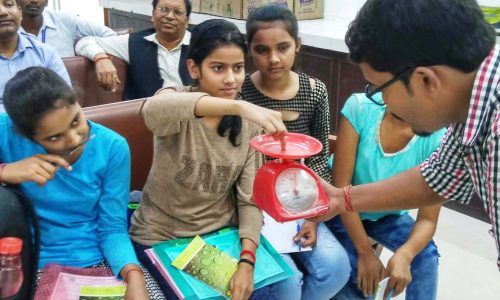
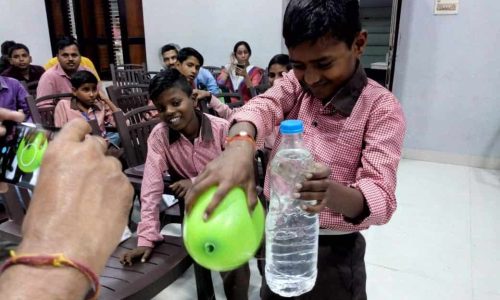
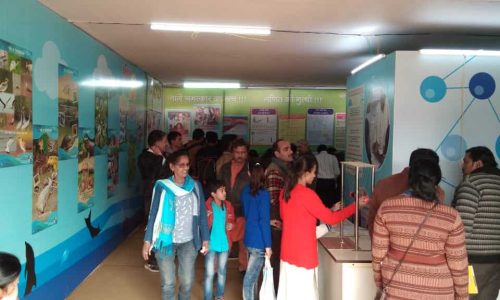
Importance of micro-organism
- Understand the basics of microorganisms and their significance.
- Develop practical skills in handling and identifying microorganisms.
- Apply microbiological techniques in medicine, agriculture, and industry.
- Foster critical thinking, problem-solving, and innovation in microbiology.
- Promote awareness of microbiology’s role in health, the environment, and everyday life.




